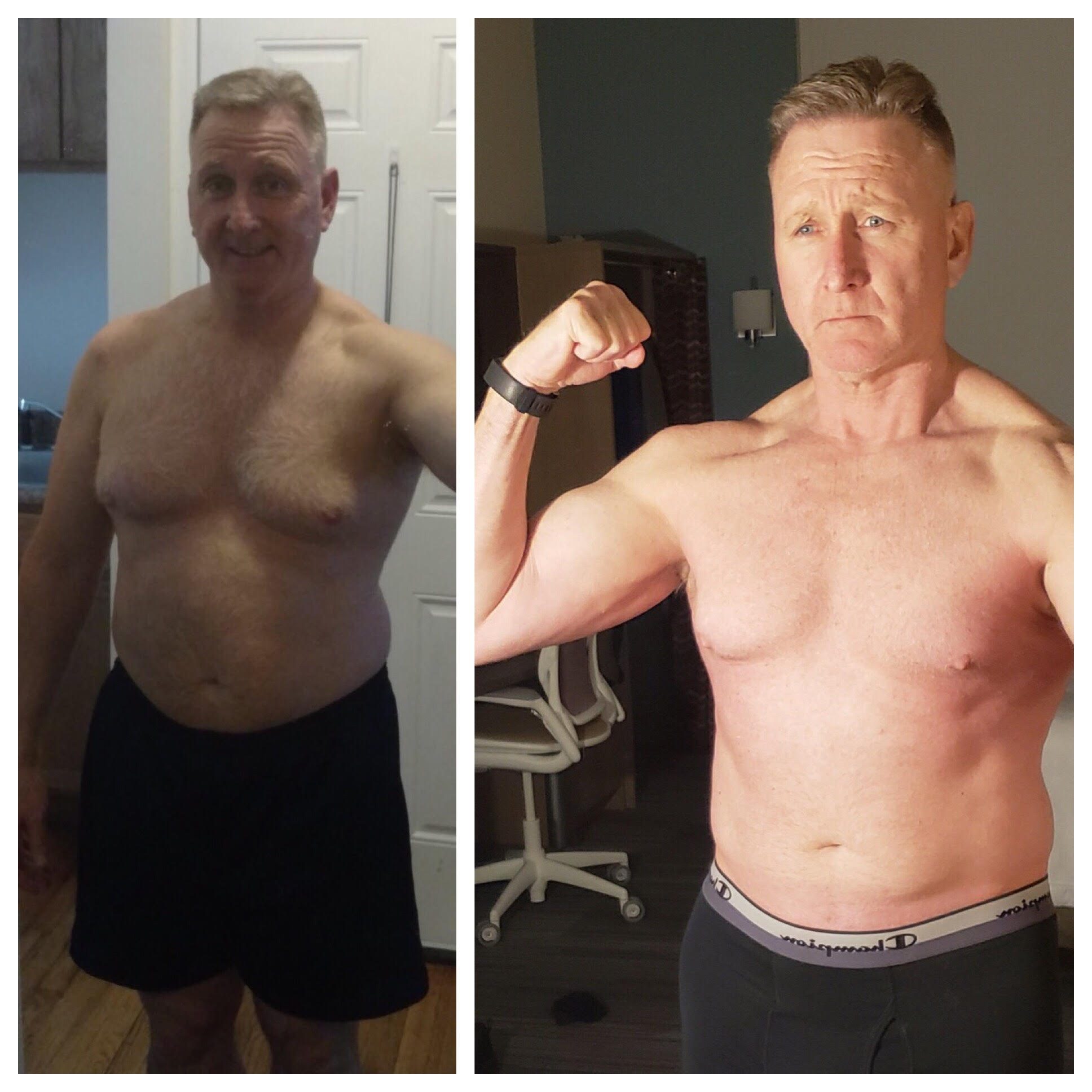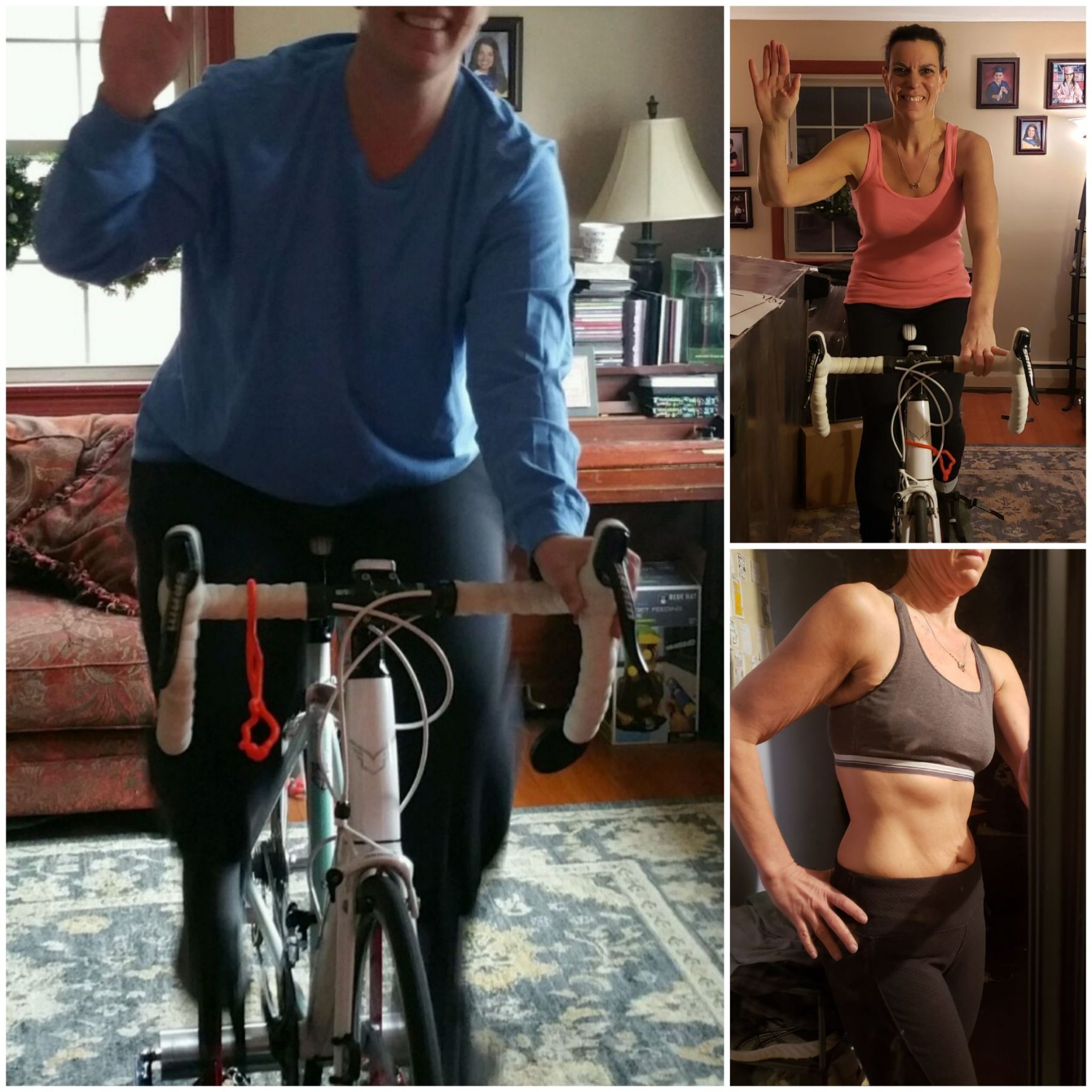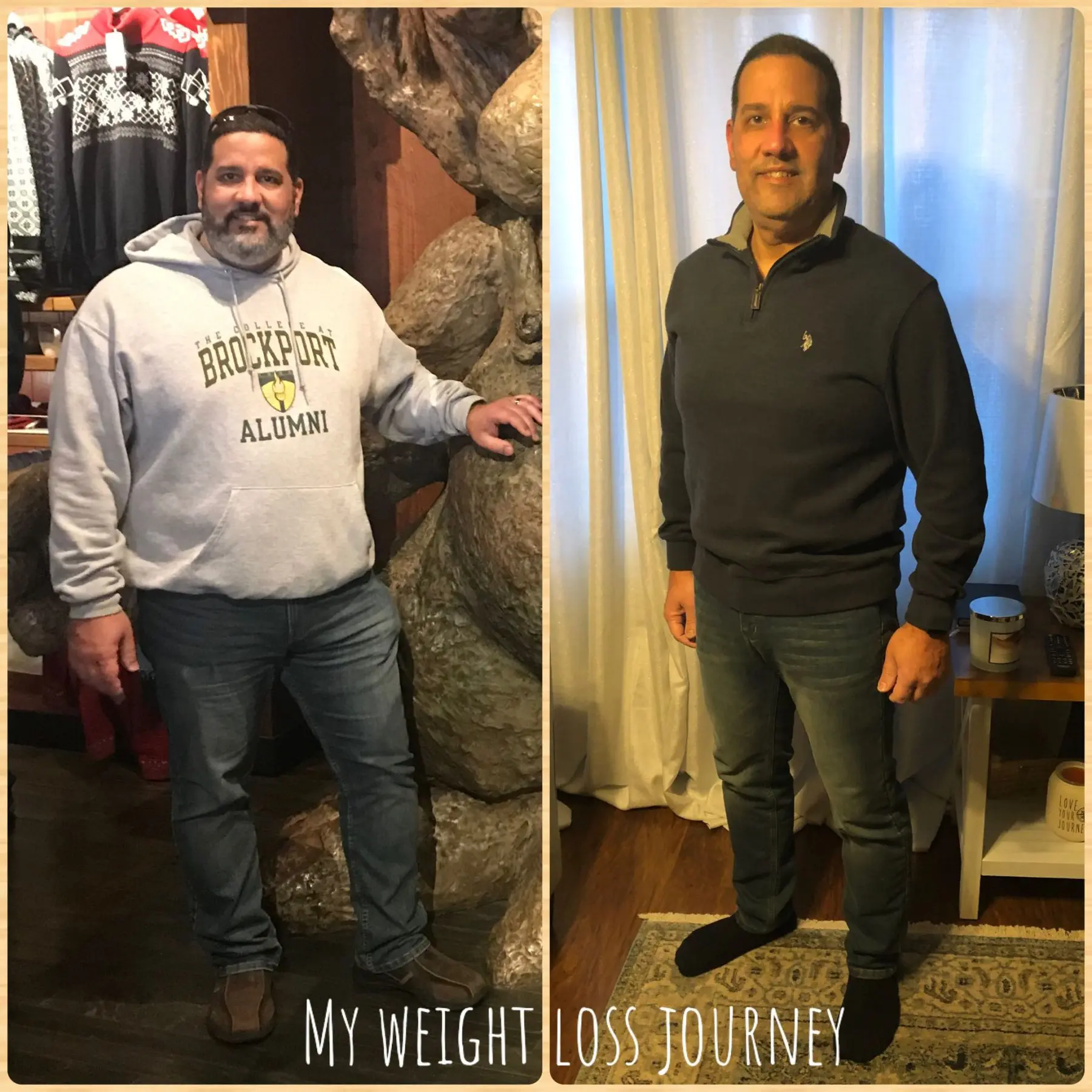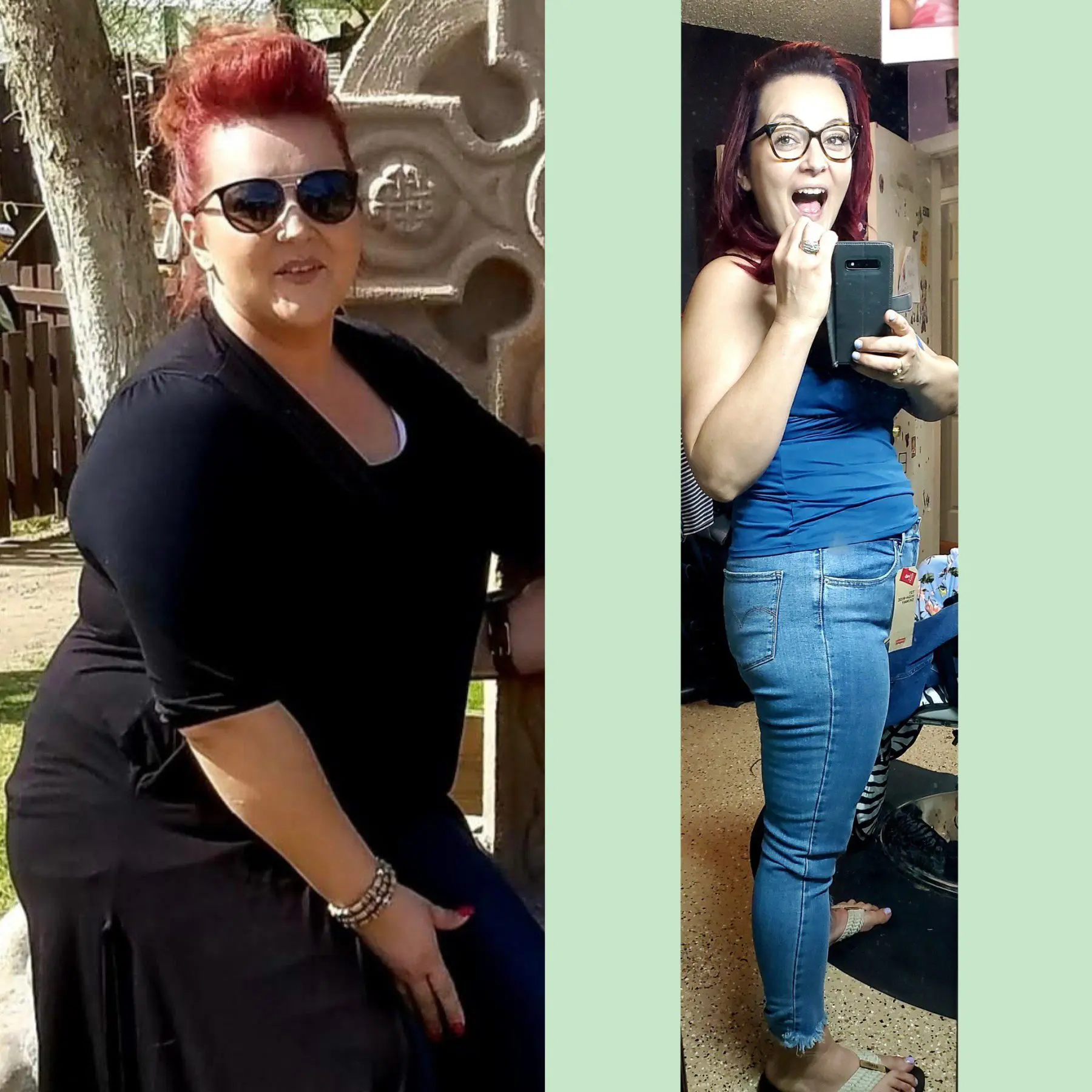I moved down to southwest Florida from New York in November 2021. I live in Cape Coral, and as you all know, hurricane Ian hit here on September 28, 2022. Going through that storm was crazy. It was over 10 hours long with 100 mph winds and rising waters. The damage was catastrophic.
A couple of days after the storm was over, I was driving home from Fort Myers, and a natural practitioner was on the radio discussing ways to cope with the aftermath of a stressful event.
She first explained how the body works. When stress occurs, the body goes into a fight-or-flight response. This causes rapid hormonal changes to happen, two of which are adrenaline and cortisol. These two hormones are excellent for a quick response and they support the liver in releasing a large amount of glucose into the bloodstream for energy. When the event is over, it’s usually where we humans run into problems because we don’t know how to get out of that fight or flight mode properly and support our bodies in a helpful way, and that is what the remainder of this blog will address.
No matter what kind of stressful situation you might have faced, here are some helpful tips to support your mental, emotional and physical health:
 #1 – Lots of water and good food. Remember that after large amounts of hormones are released into the bloodstream, it takes about 5-7 days for the body to cycle them out. To help with that process, it is essential that you drink at least half your body weight in water daily for about a week. Also, if you can, fuel your body with healthy, nourishing foods. I had no power for 10 days, so after a hurricane like Ian, it was challenging for people to eat healthy food, but even adding a few fruits or veggies will help.
#1 – Lots of water and good food. Remember that after large amounts of hormones are released into the bloodstream, it takes about 5-7 days for the body to cycle them out. To help with that process, it is essential that you drink at least half your body weight in water daily for about a week. Also, if you can, fuel your body with healthy, nourishing foods. I had no power for 10 days, so after a hurricane like Ian, it was challenging for people to eat healthy food, but even adding a few fruits or veggies will help.
#2 – Movement. Don’t be sedentary; get up and move. Take a few short walks daily, easy stretching, or a few jumping jacks, push-ups, or sit-ups throughout the day.  It does not have to be a lot of intense exercise. The point is to get the blood pumping and not let those hormones stagnate in the body. If they remain, they will continue to stimulate the liver in glucose production which interferes with other hormones, homeostasis, and stable weight.
It does not have to be a lot of intense exercise. The point is to get the blood pumping and not let those hormones stagnate in the body. If they remain, they will continue to stimulate the liver in glucose production which interferes with other hormones, homeostasis, and stable weight.
#3 Unplug from the event. It is important to remember that your brain doesn’t know the difference between a real event and a perceived one. Balancing your mental well-being around the event has to be a mindful action. So, what does this mean to you? It is important to get your feelings out and talk about them. But reliving it too much can be detrimental. Watching the news, going on social media, and conversing about the event over and over need to be curtailed. Your brain will tell your body to function as if the event is happening if the emotions are still firing off signals to your brain. So, know when enough is and create distance between you, the event, and the people affected by it. Depending on your job (police officer, medical, 9-1-1 operator, and so many others), you might be that person that has to keep reliving it, and if so, remember that you cannot be of service at your highest value if you aren’t taking care of yourself, so take breaks and give yourself some grace!
#4 Don’t compare yourself with others. Sometimes we think that we should be doing more than what we feel or want to do. Just because your neighbor is outside cleaning up doesn’t mean you have to be. If you feel like resting, then do so. Likewise, if someone else is not able to do what you are doing, have empathy and don’t judge them. Everyone processes these events differently. Also, situations that might include guilt about why something happened to someone else and not you can happen. So be aware of that and know there is no place for that type of negativity in your life.
To close this out, I think the most important thing to mention about all of these tips is to be mindful of staying balanced. 
- Curtailing how much outside information you allow in your life after an event is important and only you know how much is enough. Giving yourself rest and relaxation is important, but be sure not to lay around too much. Talk about your feelings but not so much that you emotionally relive the situation.
- Plug into emotional support from professionals if it is available.
- Keeping your finger on the pulse of where you are emotional will help you get through and come out the other side a stronger person.
Thank you for reading this blog, I hope it helps!
Let us know below, what you do to release and relax after a stressful situation.



















0 Comments